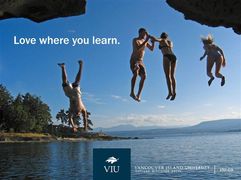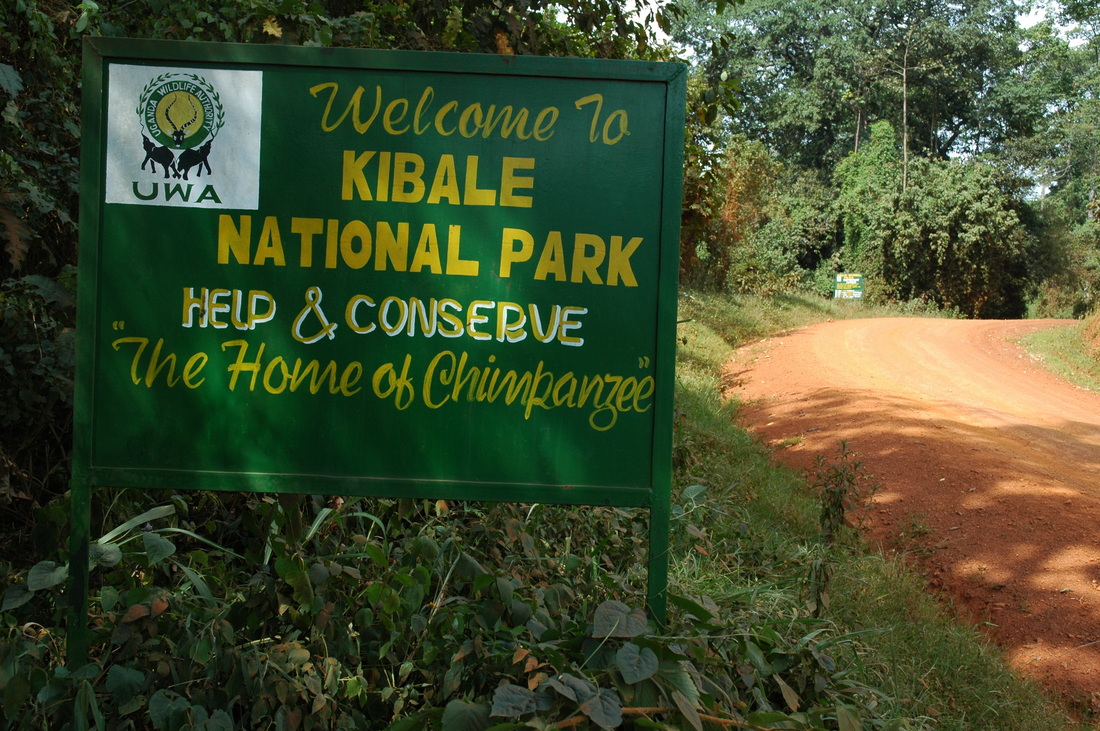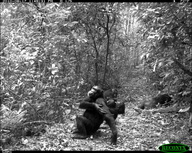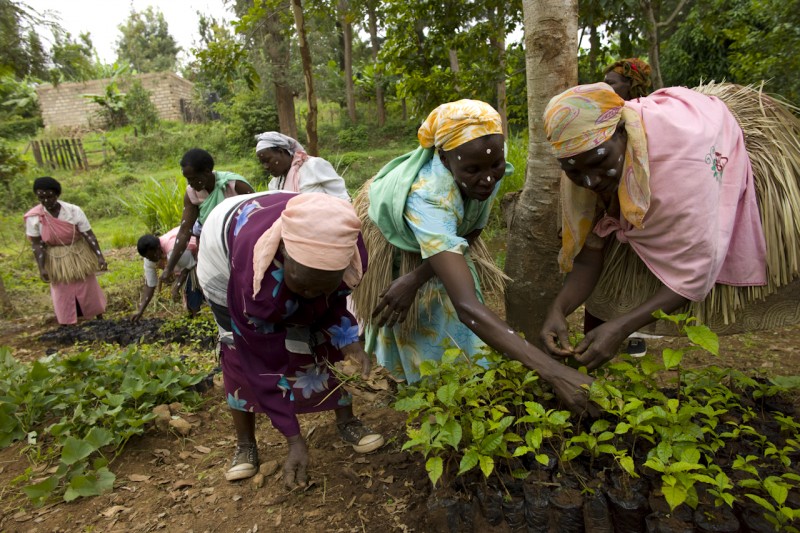** CANCELLED - TO BE RESCHEDULED IN FALL 2014 **  One of the things I love about working at a university is learning about research through campus seminar series - and now it's my turn! I've been a Visiting Scholar at the Institute for Coastal Research at Vancouver Island University since September 2012. Everyone at VIU has been really good to me during my stays in Nanaimo! It's such a welcoming environment and I've been fortunate to be involved in some of their research, like the Protected Areas and Poverty Reduction project. I'm looking forward to sharing some of my doctoral research with everyone. It's a public talk so everyone is welcome! Bring your LUNCH AND LEARN about research at VIU!
Tuesday, April 22 from 12 pm-1 pm ICR Lounge, 4th floor of Building 305 (the library building, just north of the bus loop) Vancouver Island University, 900 Fifth Street, Nanaimo, BC "People and monkeys and trees, oh my! Restoring biodiversity and ecosystem services in an African tropical rainforest" Conserving tropical rainforests seems like a conundrum. Tropical rainforests are home to more than half the planet’s biodiversity and provide vital ecosystem services that humanity depends on. But human activities like logging and farming destroy or degrade vast areas of rainforest every year. Restoring rainforest is critical for conserving biodiversity and providing ecosystem services, but restoration can be difficult, expensive, and slow. In this talk, Aerin will explore how past and present human activities affect the recovery of rainforest and wildlife in western Uganda’s Kibale National Park. She investigates contrasting changes in habitat inside and outside the national park, the potential for exotic species to accelerate native forest regeneration, and interactions between forest regeneration and primate and elephant populations. Although conflicts arise between different elements of biodiversity and ecosystem services, this is a rare case of finding win-win scenarios in natural resource management. I got such a kick out of seeing wildlife through remote cameras, and these videos from coastal British Columbia are great. They were taken in the "Great Bear Rainforest" (aka BC's Central and North Coast), a huge stretch of temperate rainforest on Canada's west coast running from northern Vancouver Island to southeast Alaska. Wildlife are plentiful and people have lived there for millennia, but the region really sprang onto the world stage in the last decade or so. It's an amazing place - and it's where I hope to do postdoctoral research! Remote cameras let scientists study wildlife from afar. Using these and other non-invasive methods of research, we can minimize the impact of research on animal behaviour. But Remote cameras aren't entirely without impact - they can inadvertently affect animals - so we need to be careful how, when, and where they are used.
Standup4Greatbear documentary This last video isn't about remote cameras - it's about Norm Hann's stand-up paddleboard trip through the Great Bear Rainforest, following the route of the proposed Enbridge Northern Gateway Pipelines project. His goal was to highlight First Nations culture and traditional food harvest and the threat that an oil spill would have on local people, wildlife, and the environment. (Go to 32:00 to see my friend Chris Williamson's project making cedar stand-up paddleboards with students at the Bella Bella Community School - also covered by National Geographic!) |
AuthorConservation scientist at the Yellowstone to Yukon Conservation Initiative (Y2Y). Likes trees, mountains, chocolate, and looking under rocks. Feminist. Archives
March 2020
Categories
All
|



 RSS Feed
RSS Feed
